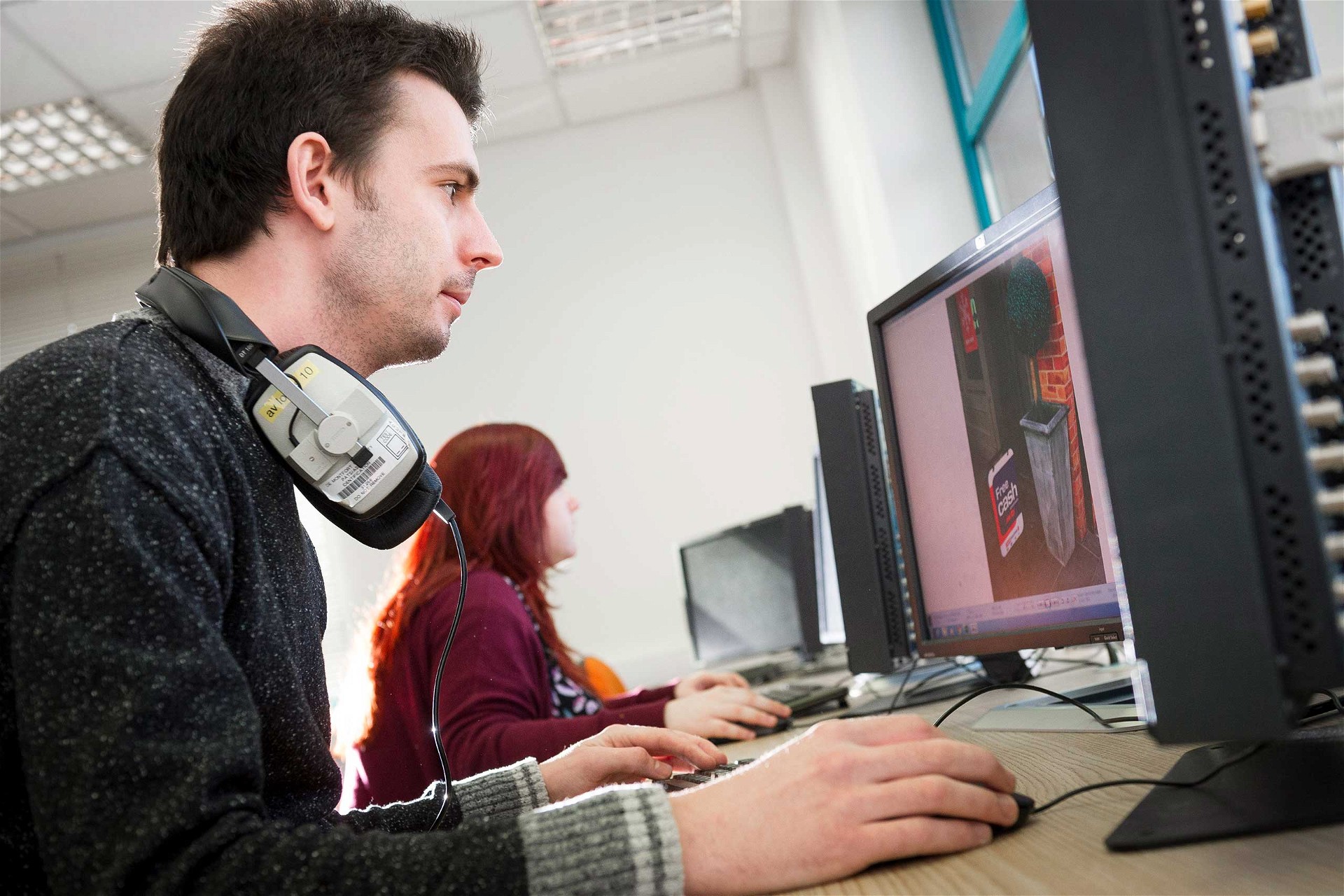Fast-paced, exciting and challenging, the computing or engineering sectors have plenty to offer ambitious students – high job satisfaction, above-average salaries and a choice of sectors in which to work.
The DMUIC International Year Zero: Engineering and Computing will help you start your career in these fascinating fields.


